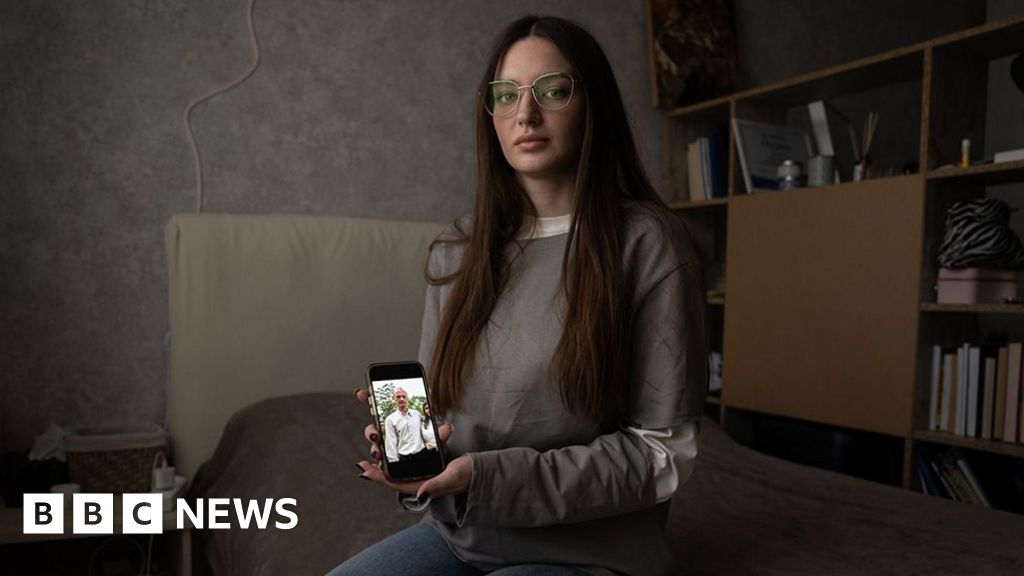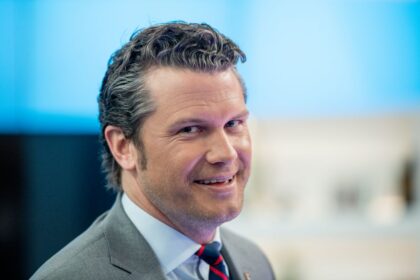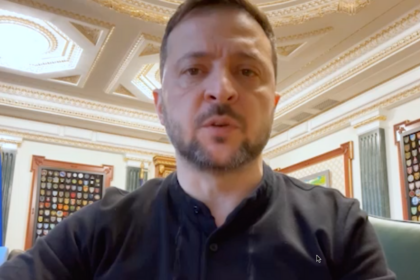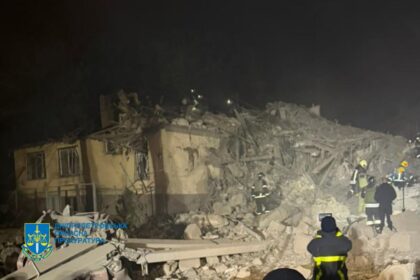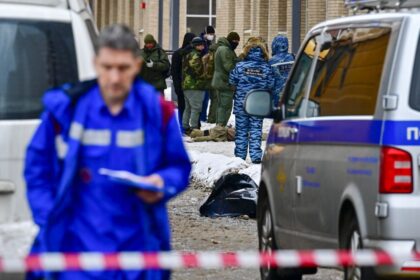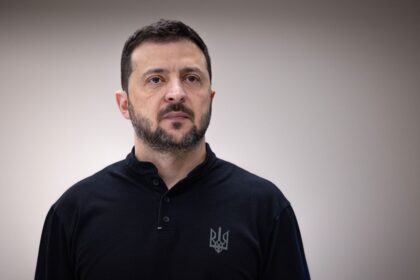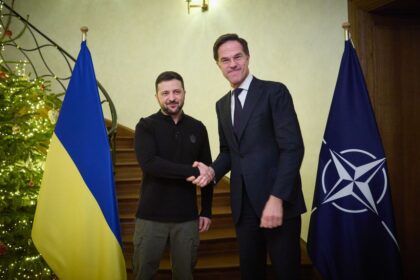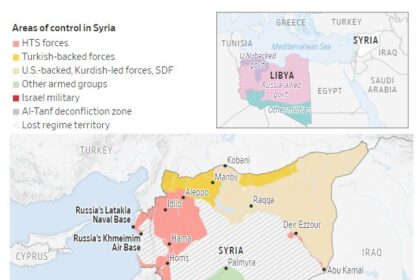**Families of Captured Ukrainians Fear They Will Be Forgotten**
For Tatyana Popovytch, the wait has been excruciating. Her son Vladislav was taken captive by Russian forces in Bucha, leaving her to search for any sign of him. She walked the streets where he might have fled, checked mass graves, and scoured pictures of the dead. But a month after his capture, she knew no more than when she started.
It wasn’t until a stranger called her from a Russian prison that Tatyana finally had hope. Serhii, who was also a civilian captured by Russians, had memorized the names and villages of fellow prisoners during morning roll call. He recognized Vladislav’s voice on May 9, 2022, giving Tatyana the first good news she’d had in months.
Three years later, Tatyana is still waiting for her son’s release. She has only two letters from him – brief messages that took three months to arrive and offer little comfort. Her worry is palpable: “My son is very gentle and sensitive… He is so vulnerable. I worry that he will lose his sanity there.”
**The Forgotten Issue of Captured Civilians**
Tatyana’s story is just one of thousands of families whose loved ones have been taken captive by Russian forces. According to Ukrainian authorities, nearly 16,000 civilians are still in captivity – not counting the more than 20,000 children estimated to have been taken to Russia.
As peace talks progress, fears are growing that these captives will be forgotten or left behind. There is a recognized mechanism for exchanging prisoners of war under the Geneva Convention, but no such process exists for the return of captured civilians.
“We spoke with them [UN representatives], and it came down to the fact that they honestly don’t understand what’s going to happen,” says Yulia Hripun, whose father was kidnapped early in the war. Her organization has met top officials from the UN, European Parliament, EU countries, and the US embassy in Ukraine.
**Uncertainty and Frustration**
Top Ukrainian officials are equally uncertain about how to bring home captured civilians. Dmytro Lubinets, human rights ombudsman, admits that there is no clear plan or mechanism for their release: “We do not have a legal basis or the mechanisms for returning them.”
Russia’s decision to level criminal charges against some captives further complicates the issue. Many are accused of “actions against the special military operation,” which Lubinets describes as absurd.
**A Desperate Hope**
For families like Tatyana, Yulia, and Petro Sereda (whose son Artem was taken captive over three years ago), hope is a fragile thing. They cling to letters from their loved ones, and the promise of eventual release.
Petro says that even after three years, every time his phone rings, he thinks it might be Artem: “It’s one thing to have a letter saying he is alive, but to hear his voice… That would be the joy that he is really alive.”
For now, families like these live in desperate hope, preparing themselves for the possibility of their loved ones’ return.




